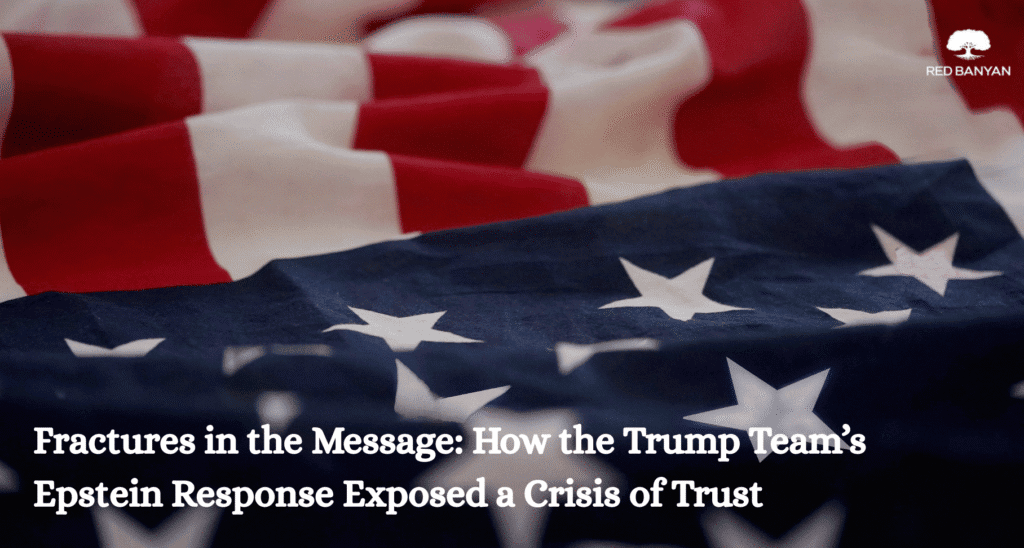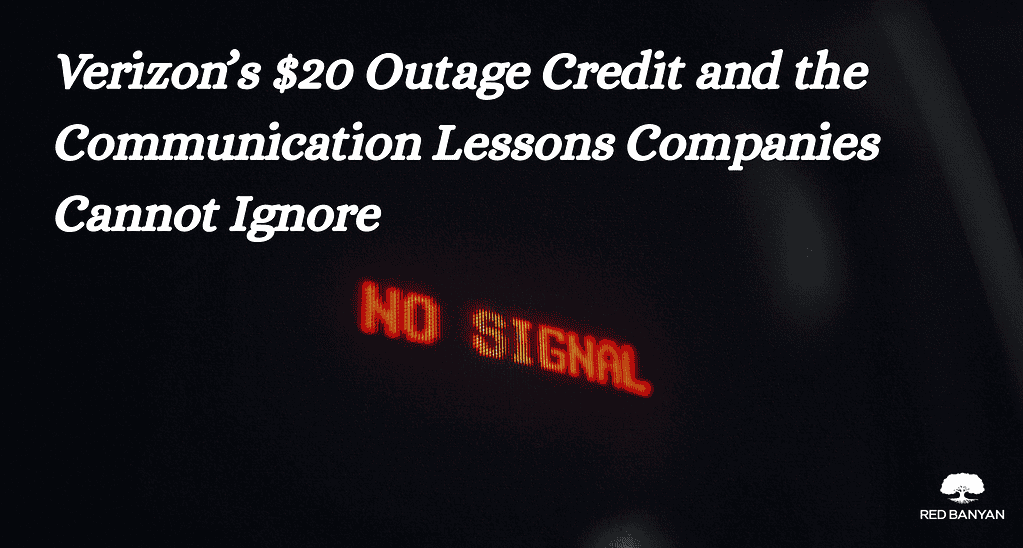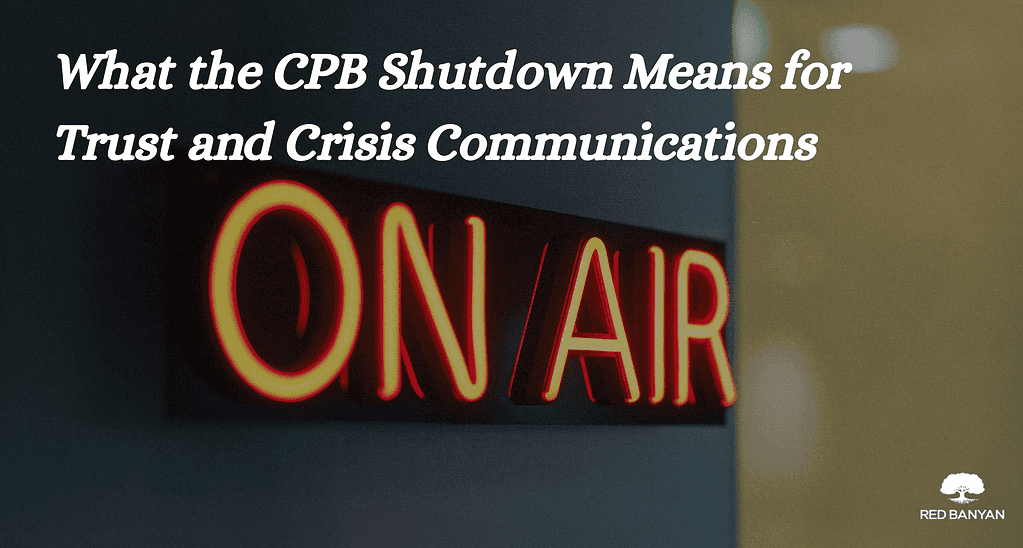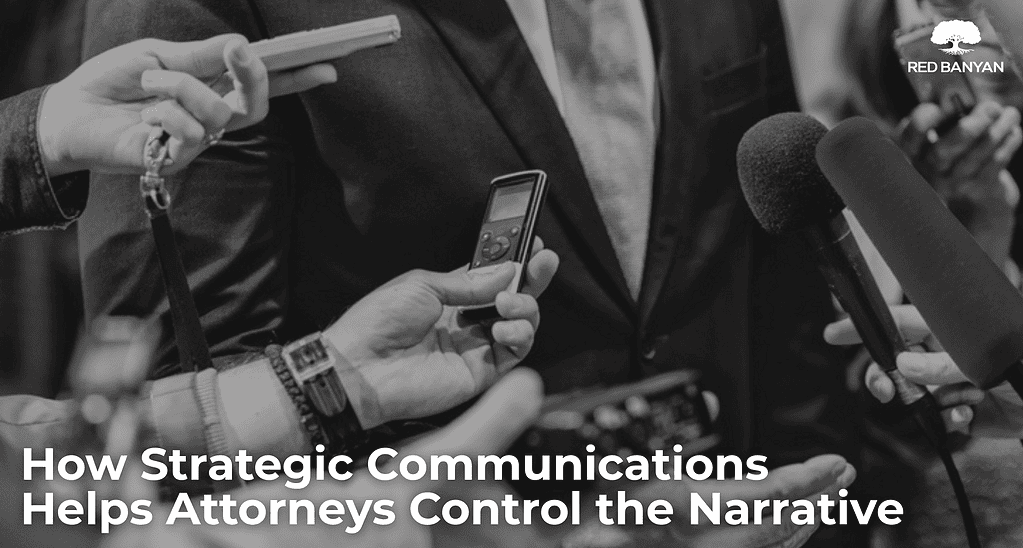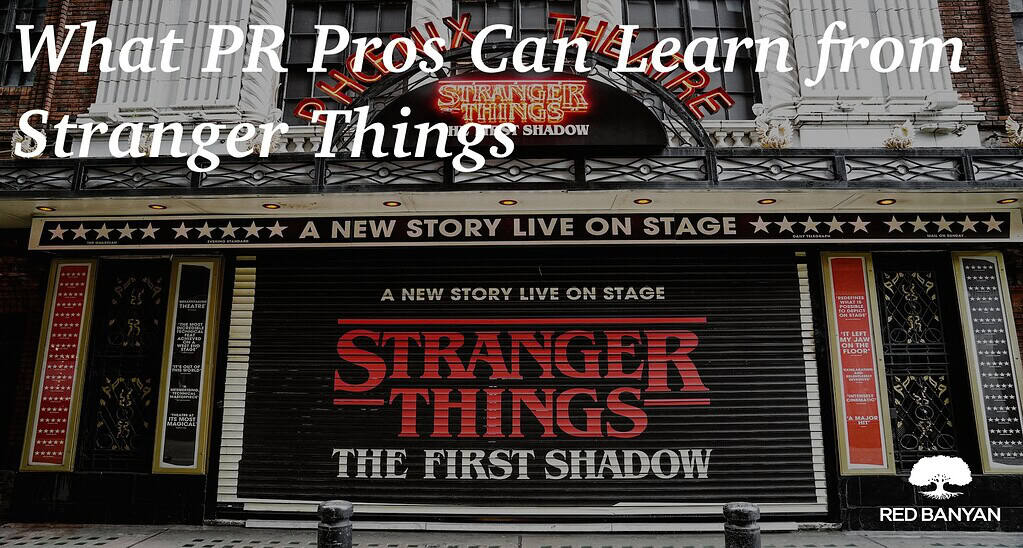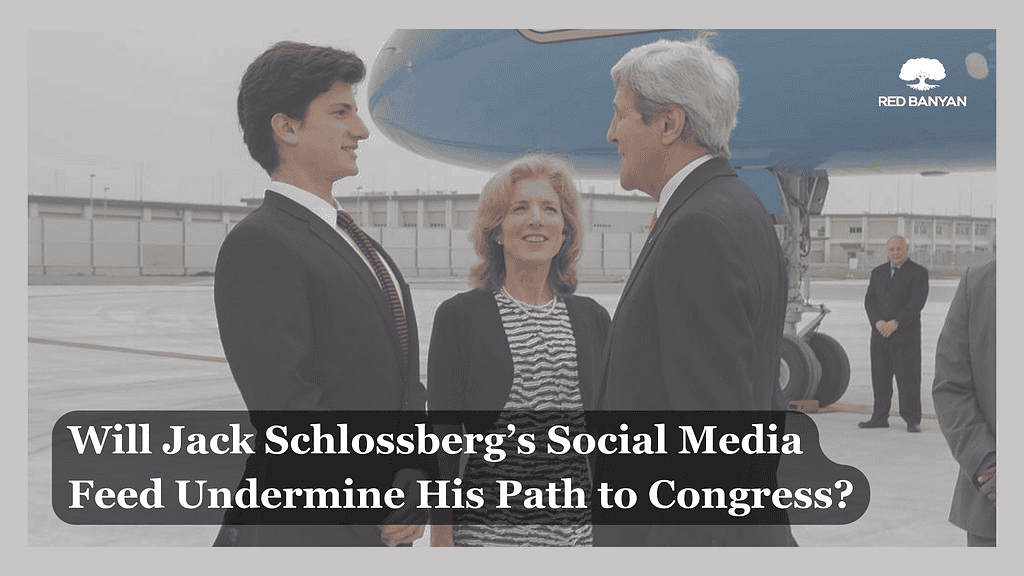When the Facts Land, the Strategy Must Follow
On July 7, the DOJ and FBI released their conclusive findings on Jeffrey Epstein: suicide, no credible “client list,” and no institutional foul play. It was a moment that should have enabled the Trump team to pivot with clarity and strength. Instead, their approach was hesitant, defensive, and ultimately damaging. What could have been a chance to close the book on a politically radioactive topic has instead become a case study in how not to manage a sensitive narrative.
Pam Bondi, Dan Bongino, and the Sound of Fracturing Loyalty
Pam Bondi, Trump’s designated point person on the Epstein files, declined to release additional documents following the DOJ’s announcement. That refusal sparked a fierce internal backlash. Reports emerged that Dan Bongino, a high-profile MAGA voice, threatened to resign over the lack of transparency. Trump, meanwhile, doubled down on Bondi’s defense, calling her “FANTASTIC” and telling supporters it was time to “move on.”
In doing so, the campaign underestimated the emotional investment many within the MAGA base had placed in the Epstein conspiracy narrative. Trump’s remarks were seen not just as a dismissal of the issue, but of the base itself.
Loyalty Signaling Isn’t a Strategy
One of the clearest failures of the Trump Epstein response online was an overreliance on loyalty signaling instead of coordinated communication. The campaign leaned on old tactics, deflect, dismiss, and defend, instead of recognizing that its own supporters were demanding transparency, not spin.
This wasn’t a partisan hit job from the left, it was dissent from within. MAGA influencers like Steve Bannon, Tucker Carlson, Laura Loomer, and even Elon Musk expressed public frustration. At Turning Point USA’s event, young conservatives booed the campaign’s response. The message was clear: vague assurances were no longer enough.
Missed Opportunities and Message Breakdown
This was a missed opportunity for the Trump 2024 campaign to demonstrate message discipline and leadership. Instead of getting ahead of the story, they let it spin out of control. The failure to preemptively shape the narrative and align surrogates has now amplified suspicion and weakened the trust that the campaign has relied on for years.
The MAGA coalition isn’t just fracturing, it’s asking questions. And when the questions go unanswered, even the most loyal followers begin to drift.
The Danger of Internal Dissent in an Election Cycle
When dissent comes from inside the tent, it’s a much greater threat than anything coming from across the aisle. If Bongino, arguably one of Trump’s most loyal media allies, is on the verge of breaking ranks, it signals a deeper problem. The lack of transparency on the Epstein issue is not a one-day PR hiccup. It’s a reputational risk that could haunt the Trump campaign throughout 2024 and beyond.
In politics, especially in an election year, managing perception is critical. The Epstein case was an opportunity to demonstrate strength, transparency, and strategic clarity. Instead, the Trump team opted for vague talking points and loyalty-based defenses. The result? A base in revolt, influencers in dissent, and a fractured message that now threatens the broader campaign.
If the Trump campaign doesn’t quickly recalibrate with coordinated, honest communication, this episode may mark a turning point, not just in the Epstein saga, but in the erosion of trust from within the MAGA movement itself.
In today’s unforgiving digital climate, where reputations can be elevated or destroyed in moments, partnering with expert crisis PR firms like Red Banyan is not optional, it’s essential. These professionals provide the strategic guidance and real-time support needed to control the narrative and protect public trust.

